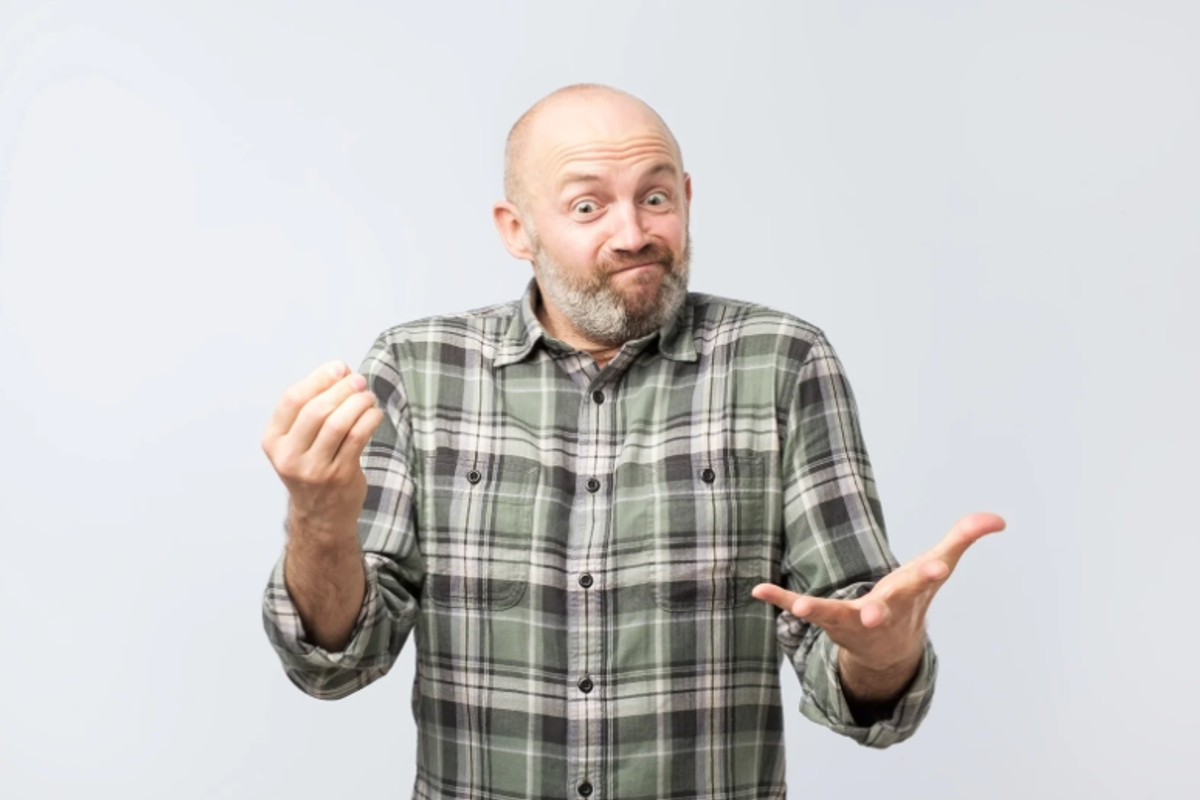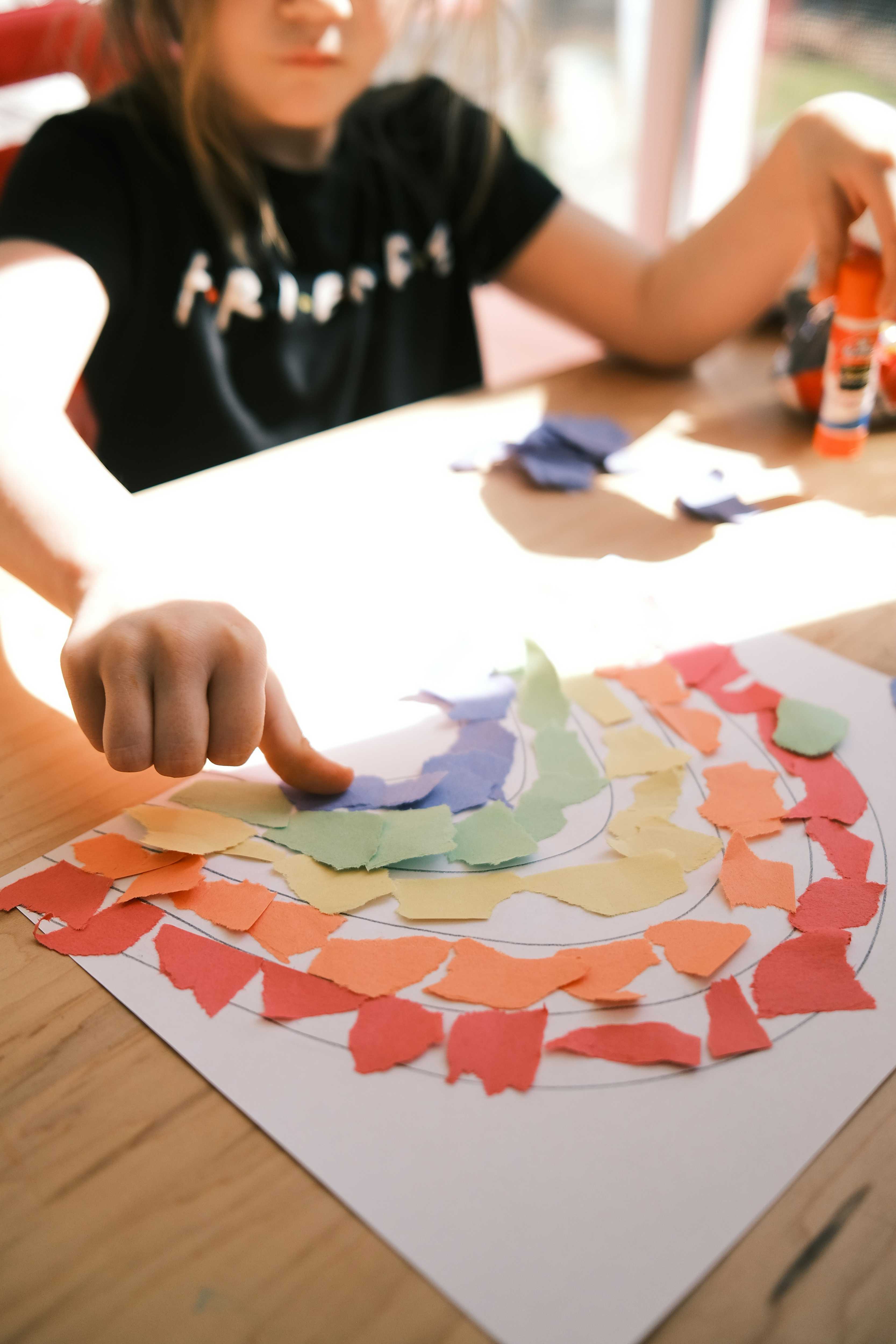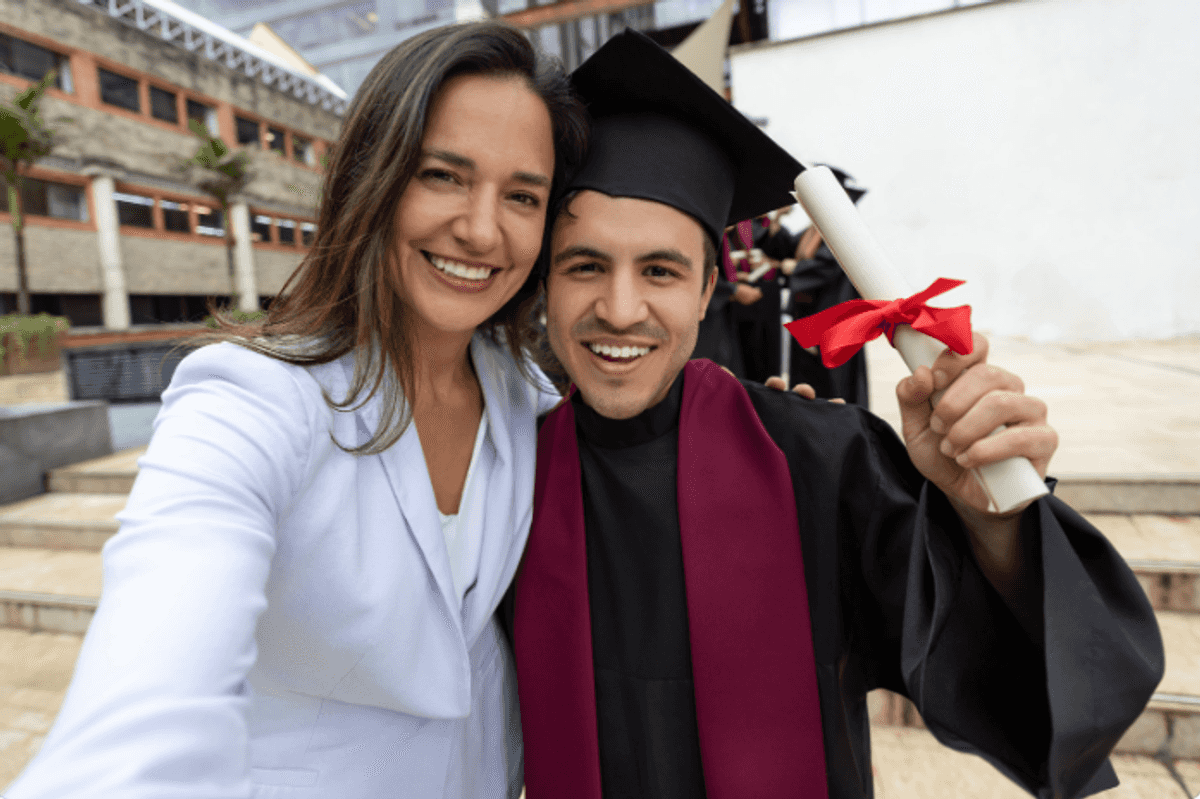50 years ago, they went to prison for marrying each other. Here's their story.
Nearly 50 years ago, there was a landmark case that decided the right of interracial couples to get married for the entire country.
Mildred Jeter and Richard Loving were an interracial couple in Virginia, very much in love.
They wished to marry, but this was before that was actually legal in their home state. So in 1958, they took a trip to Washington, D.C., to get married. But when they returned to Virginia, they were promptly roused out of bed in the middle of the night and then arrested and sentenced to a year in jail. For getting married.
They made a deal with the judge to move to D.C. in exchange for their freedom, and while there, they eventually launched the legal case that would bring this kind of discrimination to an end.
Many times along the way, the Lovings made it clear they were not activists and really didn't want all the attention. They just wanted to raise a family as a married couple and live a happy life.
The landmark case of Loving v. Virginia changed everything, and the fact that their last name was "Loving" made it all the more fabulous.
By getting married, they directly challenged Virginia's Racial Integrity Act of 1924, which prohibited marriage between people classified as "white" and people classified as "colored."
That law remained intact for decades because the Supreme Court previously upheld (in Pace v. Alabama) a law prohibiting interracial marriage in 1883. Loving v. Virginia reversed both of those and cleared the way for marriage equality for people of different races in every state.
You see, the Supreme Court pretty much tries to stay out of what states do and don't do with their laws, but it gets involved when the issue relates to the Constitution.
When multiple state or federal appeals courts are in disagreement (like with interracial marriage pre-Loving — or same-sex marriage until very recently) and the matter has a bearing on the Constitution, the Supremes can take the case(s) in order to provide a concrete answer.
(No, not THOSE Supremes...)
Once decided, it pretty much stays that way unless there's another period of challenges and appeals to a given law as our culture shifts over time. That never happened with interracial marriage, and it won't likely happen with the 2015 decision on marriage equality for same-sex couples.
Finally, Mildred Loving herself gave a short talk at an event marking the 40th anniversary of their victory in 2007. Here are her powerful words:
Loving for All, by Mildred Loving
"When my late husband, Richard, and I got married in Washington, DC in 1958, it wasn't to make a political statement or start a fight. We were in love, and we wanted to be married.
We didn't get married in Washington because we wanted to marry there. We did it there because the government wouldn't allow us to marry back home in Virginia where we grew up, where we met, where we fell in love, and where we wanted to be together and build our family. You see, I am a woman of color and Richard was white, and at that time people believed it was okay to keep us from marrying because of their ideas of who should marry whom.
When Richard and I came back to our home in Virginia, happily married, we had no intention of battling over the law. We made a commitment to each other in our love and lives, and now had the legal commitment, called marriage, to match. Isn't that what marriage is?
Not long after our wedding, we were awakened in the middle of the night in our own bedroom by deputy sheriffs and actually arrested for the 'crime' of marrying the wrong kind of person. Our marriage certificate was hanging on the wall above the bed.
The state prosecuted Richard and me, and after we were found guilty, the judge declared: 'Almighty God created the races white, black, yellow, malay and red, and he placed them on separate continents. And but for the interference with his arrangement there would be no cause for such marriages. The fact that he separated the races shows that he did not intend for the races to mix.' He sentenced us to a year in prison, but offered to suspend the sentence if we left our home in Virginia for 25 years exile.
We left, and got a lawyer. Richard and I had to fight, but still were not fighting for a cause. We were fighting for our love.
Though it turned out we had to fight, happily Richard and I didn't have to fight alone. Thanks to groups like the ACLU and the NAACP Legal Defense & Education Fund, and so many good people around the country willing to speak up, we took our case for the freedom to marry all the way to the U.S. Supreme Court. And on June 12, 1967, the Supreme Court ruled unanimously that, 'The freedom to marry has long been recognized as one of the vital personal rights essential to the orderly pursuit of happiness by free men,' a 'basic civil right.'
My generation was bitterly divided over something that should have been so clear and right. The majority believed that what the judge said, that it was God's plan to keep people apart, and that government should discriminate against people in love. But I have lived long enough now to see big changes. The older generation's fears and prejudices have given way, and today's young people realize that if someone loves someone they have a right to marry.
Surrounded as I am now by wonderful children and grandchildren, not a day goes by that I don't think of Richard and our love, our right to marry, and how much it meant to me to have that freedom to marry the person precious to me, even if others thought he was the 'wrong kind of person' for me to marry. I believe all Americans, no matter their race, no matter their sex, no matter their sexual orientation, should have that same freedom to marry. Government has no business imposing some people's religious beliefs over others. Especially if it denies people's civil rights.
I am still not a political person, but I am proud that Richard's and my name is on a court case that can help reinforce the love, the commitment, the fairness, and the family that so many people, black or white, young or old, gay or straight seek in life. I support the freedom to marry for all. That's what Loving, and loving, are all about."






 A Baby Boomer couple.via
A Baby Boomer couple.via  A Baby Boomer couple.via
A Baby Boomer couple.via 
 The Las Vegas strip. via
The Las Vegas strip. via Kids eating lunch in school. via
Kids eating lunch in school. via A motel parking lot.via
A motel parking lot.via

 Teacher surprises kids with hats of their own design.
Teacher surprises kids with hats of their own design.  A child makes a colorful craft project. Photo by
A child makes a colorful craft project. Photo by 
 Students pose after college graduation.
Students pose after college graduation. Parents help move daughter in to college.
Parents help move daughter in to college.